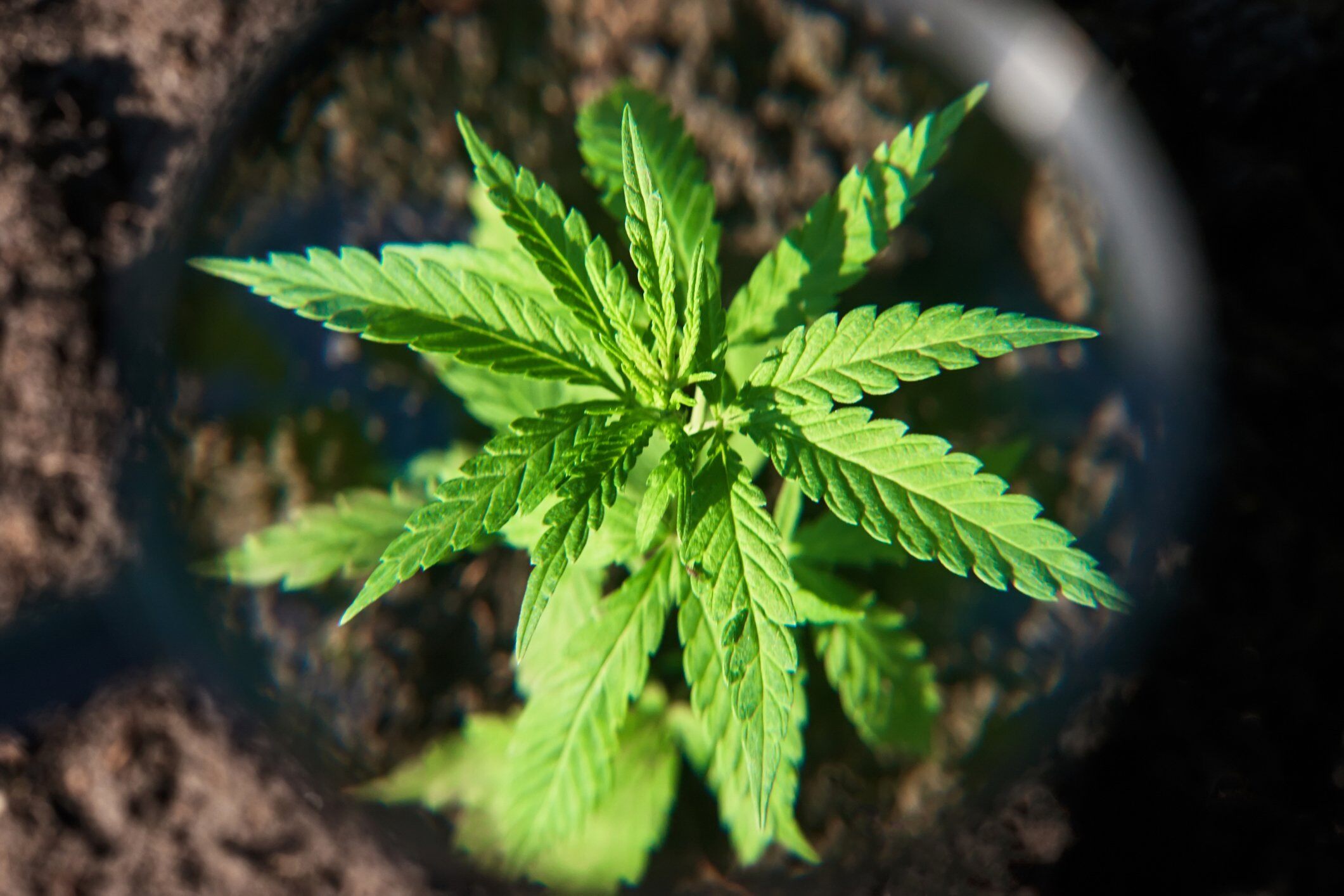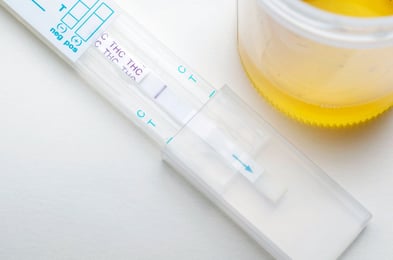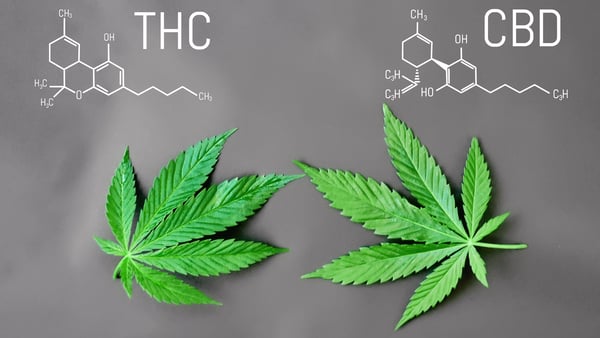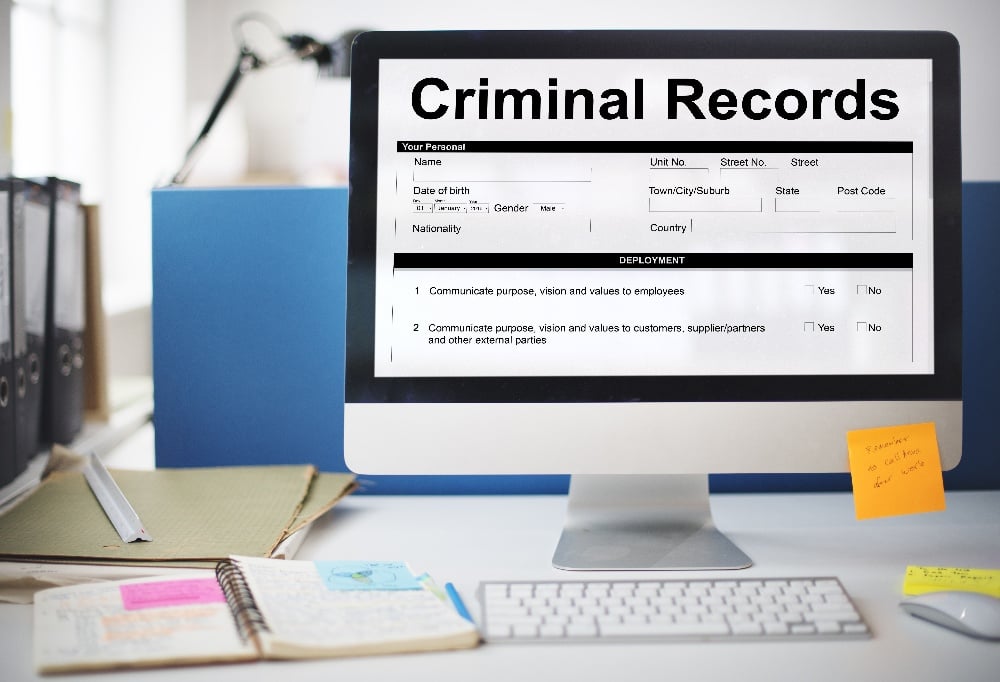Frequently Asked Questions About Marijuana in The Workplace

There is ample information circling the topic of marijuana in the workplace, and much of this information is confusing, or in some cases, simply false. We recently hosted an informative webinar with the president and founding partner of Current Consulting Group, Bill Current, to sift through all of the misinformation around current marijuana laws. Below you’ll find some commonly asked questions and answers from Bill.
Do DOT Drug Testing Regulations Override State laws?
When talking about federal law versus state law, generally speaking, federal law always trumps state law. DOT regulations have specific disciplinary actions that must occur in the event of a positive drug test result, including a positive result for THC in a legal state.
DOT regulations are very clear. Employers that are covered by the DOT regulations must continue to test for THC and must remove individuals from performing covered safety-sensitive duties and responsibilities if they test positive for THC. There are a lot of states that are starting to pass laws that specifically limit, or restrict, or eliminate an employer's right to deny employment based on a THC positive or to terminate employment based on a THC positive. As a rule of thumb, federal law outweighs state law, so if your organization is covered by DOT regulations, those regulations still apply regardless of your state’s laws.
What Language Should My Drug Testing Policies Include About Medical Marijuana? 
This question comes up frequently. It's in your best interest as an employer to understand and ensure that you're complying with the language of the local medical marijuana law. If you're operating in just one state or in a number of different states, you may need several different amendments to your policy, depending on how you're going to treat the topic of medical marijuana.
Make sure that you’re in compliance with all the applicable state laws pertaining to medical marijuana and recreational marijuana and any limitations or discrimination language that may be in any of these laws. Keep in mind that you, as the employer, are still responsible for the safety and the wellbeing of all of your workers.
From a policy standpoint, you should reflect the state law, while also including language that says, "Under no circumstances will an individual be allowed to be at work under the influence of marijuana, use marijuana while at work, bring marijuana to the workplace, or exchange marijuana with others while on the job." Make sure your drug policy is clear and in compliance, and that you communicate the policy to your employees.
Here is the bottom line, you want to make sure that your policy contains as much language as possible so that if you're ever challenged legally, your policy covers all of the issues.
As a manager, if you observe an employee as impaired, can you in good faith, discipline, or warn the employee?
If you’re not reacting to a drug test result, absolutely, because you're not basing anything on a drug test result. If an employee is not performing according to the job description, make sure that there's documentation of the impaired behavior before you take any disciplinary action. This way, when you do take action, if you choose to do so, you have a number of different reasons to justify it besides the potential drug test result that you may have down the road.

Would you suggest an employer follow the same procedure after a positive result for THC whether the employee says they use CBD or they use marijuana recreationally?
That's an excellent question. It's one that will continue to come up as CBD oil usage, for example, becomes more and more common. Here's the problem, the drug test doesn't distinguish where the THC came from.
As an employer, you're just getting a positive result for THC. The drug test doesn't distinguish the source of the THC whether that be from CBD oils or recreational use of marijuana.
As with most of these answers, your drug policy is the key.
What's written in your drug policy should always be your guide. So, make sure that your policy is not trying to distinguish between CBD usage and marijuana use, but that it's just based on positive drug test results using established cutoff levels for THC that are supported by the federal government and that are permitted by local law.
Is there a legal restriction on an employer requesting percentage levels of drugs found in a drug test?
It would be challenging on an individual basis to ask a laboratory to provide any information that's not normally provided. It would have to be handled on a sort of a lab-by-lab basis. But, you know, treating one test differently than other tests or being quote-unquote "inconsistent in any way" is usually an invitation for trouble.
How do employers comply with state laws about not testing for THC or terminating for positive tests yet still comply with federal requirements?
This is exactly where all of the confusion lies within this topic. The federal Drug-Free Workplace Act does not require drug testing. There's no drug testing component in the Drug-Free Workplace Act.
There's really no conflict in complying with the Drug-Free Workplace Act and complying with any restrictions on drug testing that might apply in your state because the Drug-Free Workplace Act doesn't include drug testing.
If you are based and hired in one state but perform contract work in another state, which state's laws apply for post-accident, random, and reasonable suspicion?
Generally speaking, the state law that applies is where the workers work and live. So, let's say you're in Minnesota and you hire, but you have business operations in Illinois.
For those workers who live and work in Illinois, the Illinois laws apply, not the laws of the state where the company is headquartered. Now, if you have an individual from Minnesota who's traveling to Illinois on business, then that's different. The home state and its laws apply. But if you hire a hundred workers for a construction project that your company is doing in another state, the law in that other state apply.
In states where medical marijuana has been legalized, how does an employer handle candidates who disclose they have a medical marijuana card in advance of administering a pre-employment drug test?
This is a situation that should be handled carefully. You can't discriminate against that individual based on that information. If that candidate did not get the job, they could come back and claim that it was because you knew that they were a medical marijuana user.
You have to look at the individual state law that applies because the language is different from state to state. There's no one model used by all states. So, you do have to look at the different individual state laws because they vary. However, more and more states are adopting "anti-discrimination" language in their legislation to help minimize discrimination against an individual because they're a registered medical marijuana user.
Through all of the confusion that employers are facing in the new year, drug testing while staying in compliance and avoiding risk within your organization is at the very top. The key here is to have a drug testing policy that is effective and transparent. For more information on this topic or to discover what an effective drug policy should look like for you, schedule an appointment with us today.






